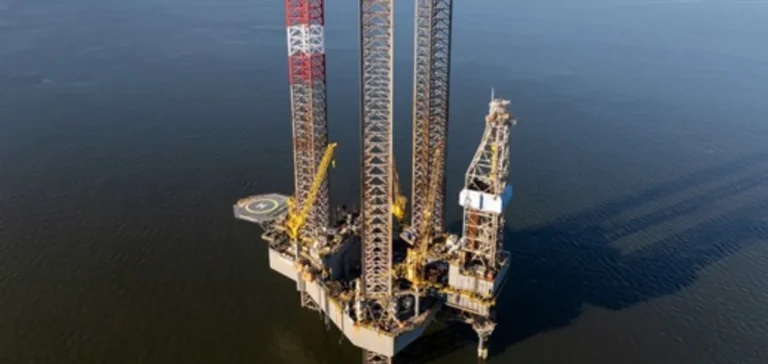The Bayou Bend project, a joint initiative led by Chevron, Equinor, and TotalEnergies SE, aims to enable industries along the US Gulf Coast to store carbon dioxide (CO₂) on a large scale. Operated by Chevron, Bayou Bend covers nearly 140,000 acres onshore and offshore in Southeast Texas, an area characterized by intensive industrial activity and geological conditions deemed favourable for underground greenhouse gas storage.
Key technical milestones already achieved
Among the project’s initial phases, stratigraphic drillings have recently been conducted both offshore and onshore to obtain precise data on the geological conditions of the targeted subsurface storage location. These operations aim to assess the technical feasibility of CO₂ storage in these geological formations. The collected data will be used to design the necessary infrastructure for underground injection, complying with safety requirements imposed by US authorities.
For the project’s team, these drillings mark an essential milestone towards the final validation of the site as a suitable area for carbon dioxide injection. Jay LeJeune, commercial advisor at Chevron for the project, stated that historical expertise in drilling and pipeline transport provides an advantage in successfully conducting this region-wide initiative.
Regulatory process underway
In 2024, Bayou Bend CCS LLC filed an official application with relevant US authorities to obtain the regulatory authorizations required to proceed with subsurface CO₂ injection. This regulatory process, estimated to take around two years, aims to ensure compliance with public safety standards, particularly regarding the protection of underground drinking water resources.
Pending approval, the consortium is continuing preparatory work including detailed engineering for gas transportation and injection infrastructure, drilling of the definitive storage wells, and implementation of a stringent monitoring program for the selected sites. These activities are necessary to meet the rigorous technical and regulatory requirements imposed by US federal authorities.
Regional economic development anticipated
From an economic standpoint, developing a local carbon capture, transport, and storage (CCS) industry could create new industrial and professional opportunities in the region. Chevron indicates this emerging CCS sector could attract new investments, support local employment, and stimulate significant industrial growth across the entire Gulf Coast.
Chris Powers, Chevron’s vice president of CCUS & Emerging, stated that the Bayou Bend project is “well positioned to support multiple regional industries in their ambition to reduce carbon intensity,” highlighting the intersectoral dimension and the regional economic potential of this industrial initiative.






















